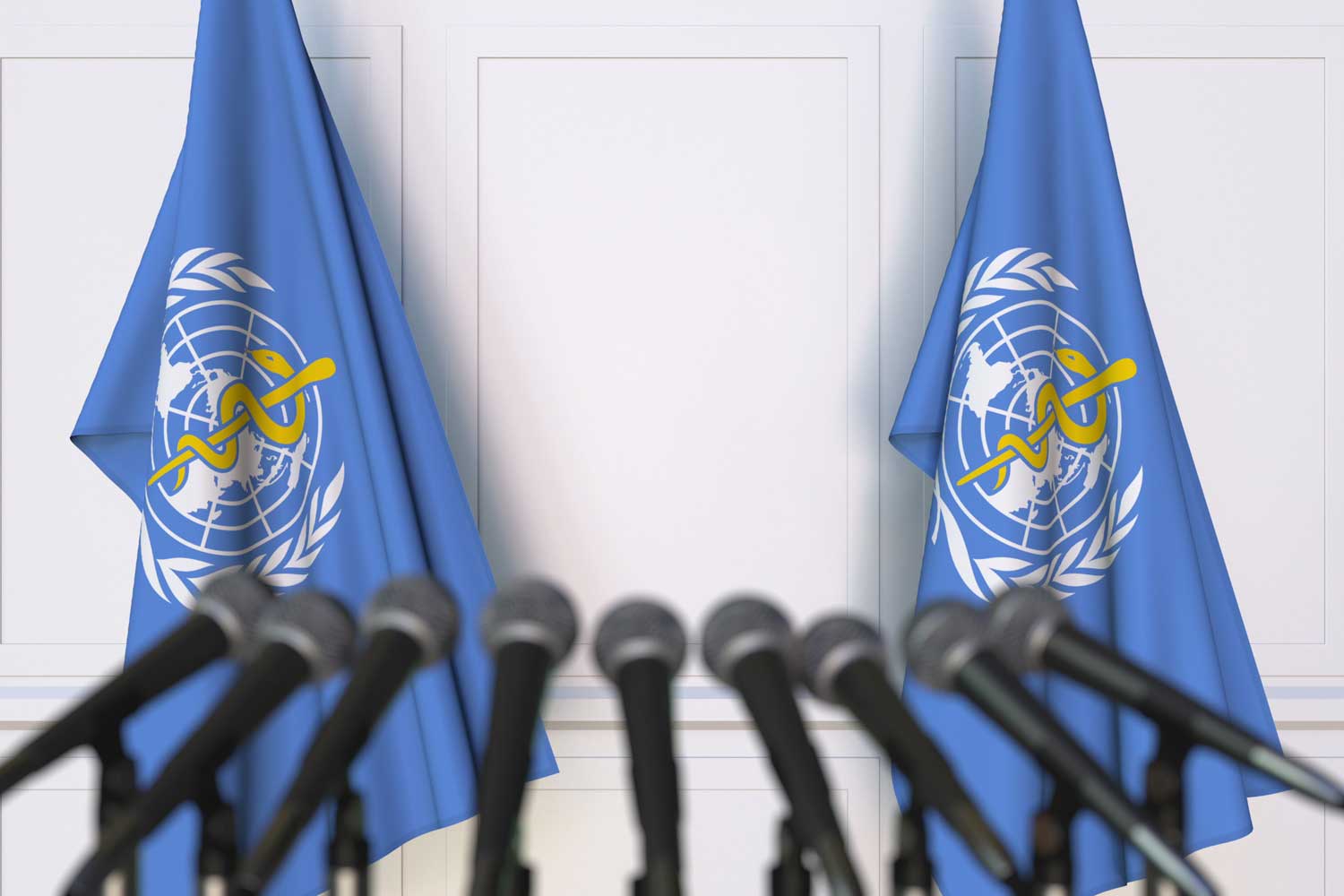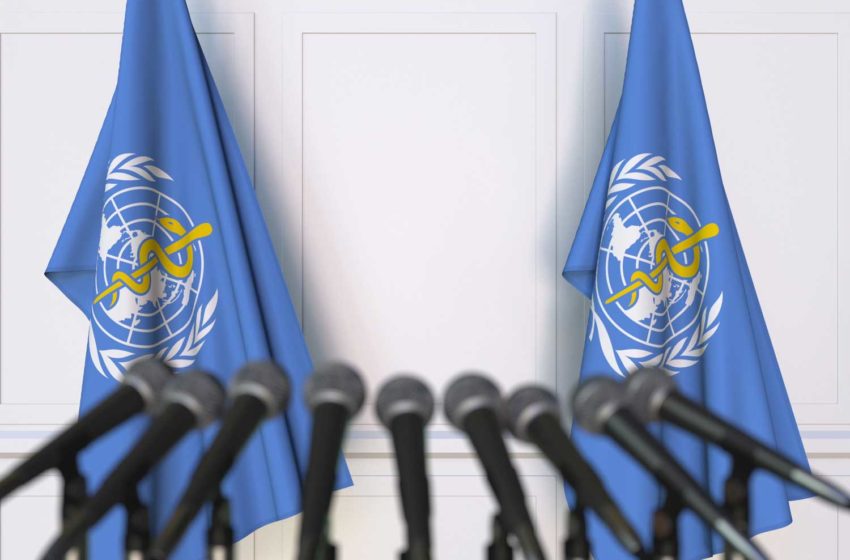
The Coalition of Asia Pacific Tobacco Harm Reduction Advocates (CAPHRA) today issued a sharp critique of the World Health Organization’s Framework Convention on Tobacco Control (FCTC) for its exclusion of consumer groups and harm reduction advocates from the 10th Session of the Conference of the Parties (COP10).
“CAPHRA argues that this exclusionary practice is in stark contrast to the successful, pragmatic approaches of countries like New Zealand, the Philippines and Malaysia, which have embraced vaping as a harm reduction tool,” said Nancy Loucas, a public health policy expert and passionate advocate for tobacco harm reduction and executive coordinator of CAPHRA.
The press release condemns the COP10 meetings for silencing the voices of those who advocate for harm reduction strategies, such as vaping, which have been shown to significantly reduce smoking prevalence in countries where they are available and regulated.
CAPHRA points out that the prohibitionist approach of countries like Australia, which recently banned vaping products, is not in the best interest of public health.
“CAPHRA calls on FCTC officials to open their minds to harm reduction and to consider the evidence from countries like New Zealand, where smoking rates have decreased due to the availability of regulated vaping products,” said Loucas.
The organization stresses the importance of including consumer groups in the decisionmaking process, as they provide essential insights into the needs of smokers and how alternative products can be used effectively.

